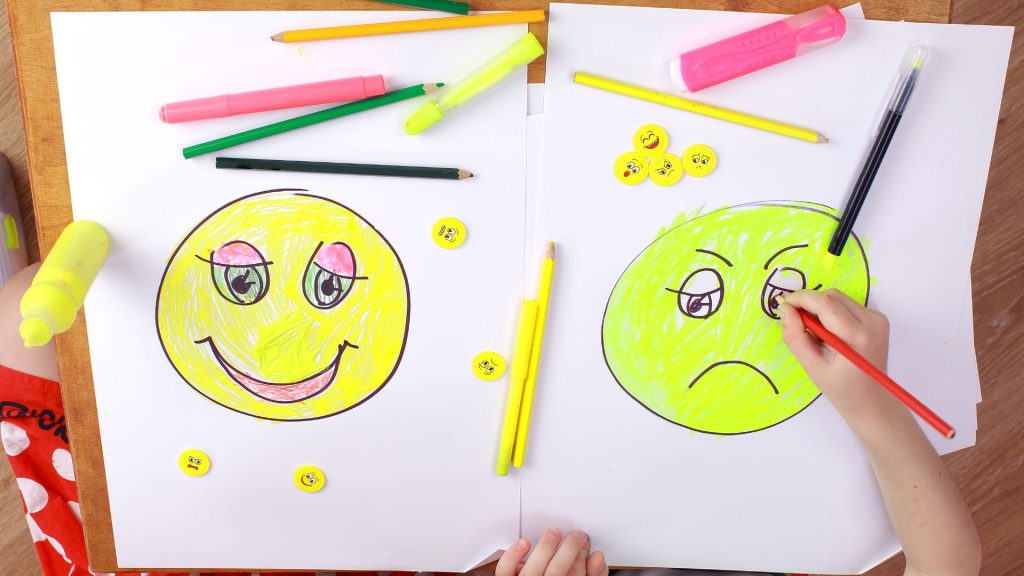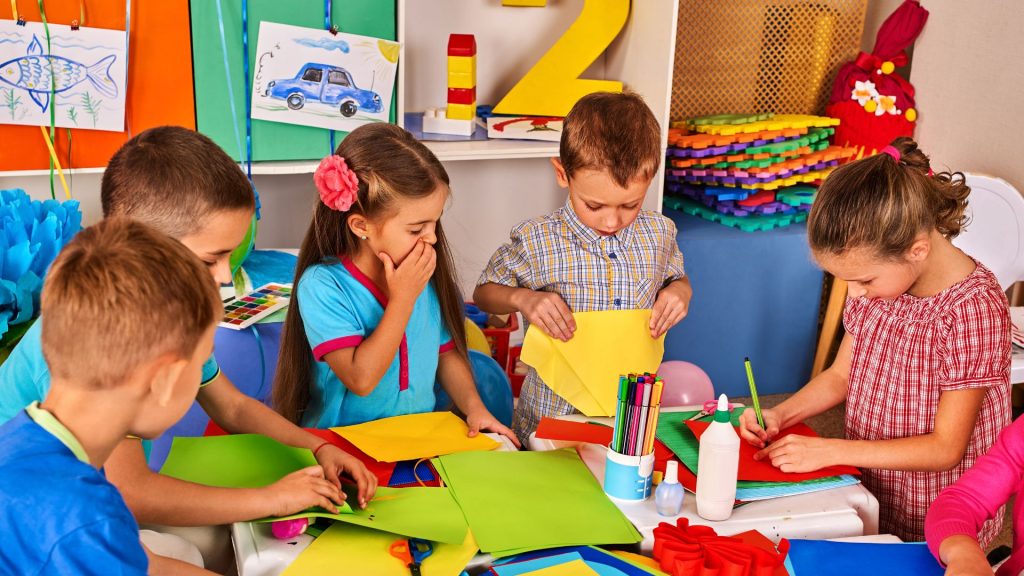Modern parenting styles have evolved over the years, with new approaches and techniques emerging to meet the demands of modern-day parenting. As a parent, it can be challenging to navigate the various parenting styles and determine which one is best suited for your child. Understanding the different parenting styles and their characteristics can help you make informed decisions about how to raise your child.
Overall, choosing the right parenting style for your child can be a difficult decision, but by understanding the different styles, you can make an informed choice. It is important to remember that no single parenting style is perfect, and it is okay to adapt and change your approach as your child grows and develops. By being an informed and involved parent, you can help your child thrive and succeed in today’s world.
Different Modern Parenting Styles
Parenting styles have evolved over time, and modern parenting styles have become more diverse.
There are four main modern parenting styles: authoritative, permissive, uninvolved, and attachment parenting. Each parenting style has its own unique characteristics, advantages, and disadvantages.
Authoritative Parenting

Authoritative parenting is a modern parenting style that involves setting clear boundaries and expectations while also being responsive and supportive of your child’s needs. This parenting style is often viewed as the most effective and balanced approach to parenting. Authoritative parents are firm but fair, and they encourage their children to be independent and make their own decisions.
Some characteristics of authoritative parenting include:
- Setting clear rules and expectations
- Encouraging independence and decision-making
- Being responsive and supportive of your child’s needs
- Using positive reinforcement and praise
- Providing guidance and discipline when necessary
Permissive Parenting

Permissive parenting is a modern parenting style that involves being very lenient and indulgent with your child. This parenting style is often viewed as the opposite of authoritative parenting. Permissive parents tend to be very relaxed and allow their children to make their own decisions without much guidance or discipline.
Some characteristics of permissive parenting include:
- Being very lenient and indulgent with your child
- Allowing your child to make their own decisions without much guidance or discipline
- Avoiding confrontation and conflict
- Using little or no punishment or discipline
- Being more of a friend than a parent
Uninvolved Parenting

Uninvolved parenting is a modern parenting style that involves being emotionally detached and uninvolved in your child’s life. This parenting style is often viewed as the most harmful and neglectful approach to parenting. Uninvolved parents tend to be very indifferent and unresponsive to their child’s needs.
Some characteristics of uninvolved parenting include:
- Being emotionally detached and uninvolved in your child’s life
- Providing little or no guidance or discipline
- Being indifferent and unresponsive to your child’s needs
- Focusing more on your own needs than your child’s needs
- Neglecting your child’s basic needs, such as food, clothing, and shelter
Attachment Parenting

Attachment parenting is a modern parenting style that involves creating a strong emotional bond between parent and child. This parenting style is often viewed as the most nurturing and loving approach to parenting. Attachment parents tend to be very responsive and attentive to their child’s needs.
Some characteristics of attachment parenting include:
- Creating a strong emotional bond between parent and child
- Being very responsive and attentive to your child’s needs
- Practicing extended breastfeeding and co-sleeping
- Using positive discipline and gentle guidance
- Encouraging natural childbirth and babywearing
In conclusion, modern parenting styles have become more diverse, and each parenting style has its own unique characteristics, advantages, and disadvantages. It’s important to find a parenting style that works for you and your child and to be consistent in your approach.
Effects of Modern Parenting Styles on Children
Modern parenting styles have been the subject of much debate in recent years, with many different approaches being advocated by experts and parents alike. While there is no one-size-fits-all approach to parenting, it is important to understand the potential effects that different parenting styles can have on your child’s development.
Behavioral and Emotional Development

The way you parent your child can have a significant impact on their behavioral and emotional development. Authoritative parenting, which is characterized by high levels of warmth and responsiveness along with reasonable levels of control and discipline, has been found to be associated with positive outcomes in this area. Children who are raised in authoritative households tend to have better self-esteem, are more resilient, and exhibit fewer behavioral problems than those raised in authoritarian or permissive households.
On the other hand, permissive parenting, which is characterized by low levels of control and discipline and high levels of warmth and responsiveness, has been found to be associated with negative outcomes in this area. Children who are raised in permissive households tend to have lower levels of self-control, are less resilient, and exhibit more behavioral problems than those raised in authoritative households.
Academic Performance

Your parenting style can also have an impact on your child’s academic performance. Authoritative parenting has been found to be associated with better academic outcomes, including higher grades, better study habits, and greater academic motivation. This may be because authoritative parents tend to provide their children with the support and guidance they need to succeed academically.
On the other hand, permissive parenting has been found to be associated with lower academic outcomes. Children raised in permissive households may struggle to develop the self-discipline and motivation necessary to succeed academically.
Social Skills Development

Finally, your parenting style can also have an impact on your child’s social skills development. Authoritative parenting has been found to be associated with better social outcomes, including better social skills, more positive peer relationships, and greater empathy. This may be because authoritative parents tend to provide their children with the support and guidance they need to develop healthy social skills.
On the other hand, permissive parenting has been found to be associated with negative social outcomes. Children raised in permissive households may struggle to develop healthy social skills, which can lead to difficulties in forming positive relationships with peers.
In conclusion, your parenting style can have a significant impact on your child’s development. While there is no one-size-fits-all approach to parenting, it is important to understand the potential effects that different parenting styles can have on your child’s behavioral and emotional development, academic performance, and social skills development. By being aware of these potential effects, you can make informed decisions about how to parent your child in a way that promotes their healthy development.
Factors Influencing Modern Parenting Styles
Modern parenting styles are influenced by a variety of factors that shape how parents raise their children. Understanding these factors can help you identify your parenting style and make conscious decisions about how you want to raise your child.
Culture and Society

Culture and society play a significant role in shaping modern parenting styles. Different cultures have different beliefs about child-rearing practices, which can affect how parents raise their children. For example, some cultures emphasize the importance of obedience and respect for authority, while others place a greater emphasis on independence and autonomy.
Society also plays a role in shaping parenting styles. In today’s fast-paced, technology-driven society, parents may feel pressure to be more involved in their children’s lives and to provide them with the best opportunities. This can lead to a more intensive parenting style, where parents micromanage their children’s lives and activities.
Parental Background

Your own upbringing and experiences can also influence your parenting style. If you were raised in a strict household, you may be more likely to adopt an authoritarian parenting style. On the other hand, if you were raised in a permissive household, you may be more likely to adopt a more relaxed parenting style.
Your own personality and temperament can also play a role in shaping your parenting style. For example, if you are naturally anxious or controlling, you may be more likely to adopt a more intensive parenting style.
Child’s Age and Developmental Stage

The age and developmental stage of your child can also influence your parenting style. Younger children may require more supervision and guidance, while older children may benefit from more independence and autonomy.
It’s important to adjust your parenting style to match your child’s developmental needs. For example, if you have a teenager who is learning to drive, you may need to give them more freedom and responsibility, while still setting clear boundaries and expectations.
In conclusion, modern parenting styles are influenced by a variety of factors, including culture and society, parental background, and your child’s age and developmental stage. Understanding these factors can help you make conscious decisions about how you want to raise your child.

